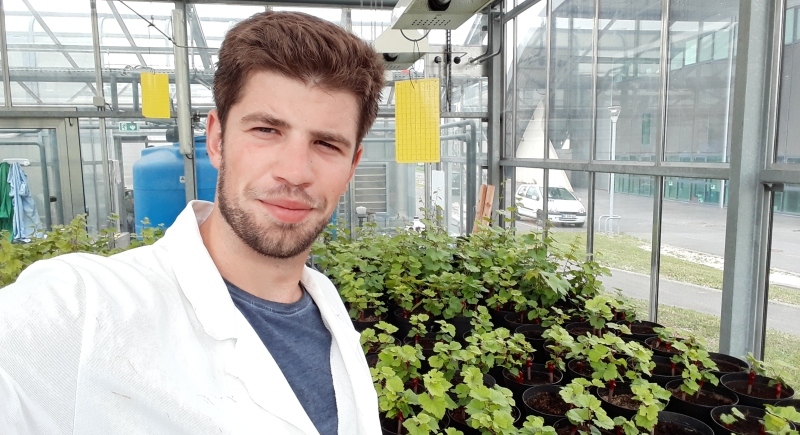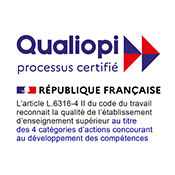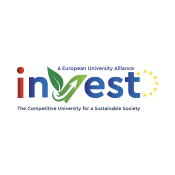What do you do in INTERFUTURE? What is your role?
Que faites-vous dans INTERFUTURE? Quel est votre rôle?
The EU Directive 2009/128/EC of October 21, 2009 established a framework for Community Action to achieve the sustainable use of pesticides. Since then they have been heavily promoting low pesticide-input management strategies including non-chemical methods. In parallel, several chemical active ingredients have been banned in the EU because of toxicity concerns and now as a result, growers are left with fewer tools to control pests and pathogens in their fields. What are left are alternative control methods, however, they have several limitations with efficiency being the major one. Several innovative ideas already exist out there but they haven’t found their way to the industry yet. Usually that is where the bottleneck is – what works very well in theory and controlled conditions fails to deliver in farming praxis, on the field. The concept behind INTERFUTURE EID is to explore these new approaches and bring them successfully to the market. Concretely my role on the project is to discover the Mode of Action of protein- and sugar-based biocontrol products on target and non-target microorganisms associated with grapevine and like that give my contribution to the development phase of these biologics. Professors Essaid Ait Barka and Aziz Aziz as well as all the colleagues from URCA RIBP department with Professor Christophe Clement as the department head are helping me in this endeavor. Prof. Michele Perazzolli from Fondazione Edmund Mach (project coordinator) is my co-supervisor in Italy and Dr. Andrea Nesler along with a complete team of our industrial partner Bi-PA (Biological Products for Agriculture) – sister company of Belchim Crop Protection in Londerzeel, Belgium, are waiting for me to come join them after the half-time is over.
How did you hear about the position and how did the recruitment process go?
Comment avez-vous pris connaissance du poste et comment s’est déroulé le recrutement ?
After the Master’s degree was completed I was looking for a job and I came across this vacancy on the Euraxess webpage. I think it was several days after the application deadline. Right away I sent a short email with my CV attached to professors Essaid Ait Barka and Aziz Aziz who were the INTERFUTURE contact point in Reims asking if I am not too late. Only the day after I received an encouraging answer to write up my motivation letter and fill in several documents with a promise that my application will be taken into consideration. I started to have a great feeling about the whole thing. Email communication was smooth and on point. I was also discovering that my preview research works and education was not only in line with the project goals but also with the topics the whole department in Reims was interested in. Soon after, everything was polished and ready to be sent over.




